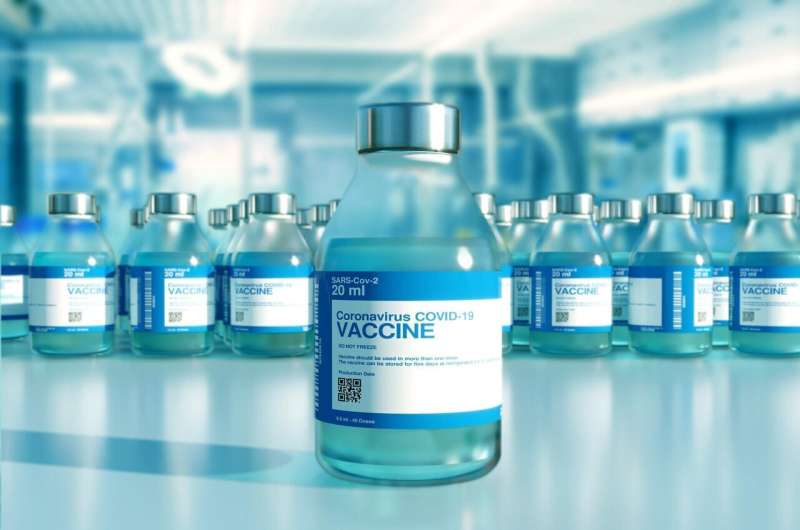Rejuvenating Neurons to Halt ALS Progression

Innovative gene therapy techniques that rejuvenate motor neurons offer promising new avenues in the fight against ALS, potentially delaying disease onset and progression.
Recent breakthroughs suggest that restoring motor neurons to a youthful state could be a promising strategy in combating amyotrophic lateral sclerosis (ALS). Researchers from Columbia University Irving Medical Center, led by Hynek Wichterle and Emily Lowry, have demonstrated in animal models that gene therapy aimed at reprogramming neurons can delay ALS symptoms and improve neuronal resilience.
Initially, the concept faced skepticism, with doubts about whether adult neurons could be safely rejuvenated without loss of function. However, their latest study published in Nature Neuroscience shows that by reactivating specific developmental transcription factors—ISL1 and LHX3—adult motor neurons can be returned to a more immature, youthful gene expression profile. This process increased the neurons' resistance to ALS-related damage and slowed disease progression in mice.
The therapy involved using a viral vector to deliver genes targeting the motor neurons, a method developed within their lab. While replicating this approach in humans presents challenges, the team is investigating how these factors work to discover druggable targets that might mimic the effects without gene therapy.
ALS predominantly affects adults over 55, gradually impairing movement, speech, and breathing as motor neurons die. Interestingly, motor neurons in individuals with genetic mutations linked to ALS do not degenerate for decades, indicating that youthful neurons are inherently more resilient.
Their approach differs from traditional reprogramming methods, such as the Yamanaka factors, which risk making neurons too young to perform mature functions. Instead, Wichterle and Lowry's method temporarily reactivates developmental programs during neuronal maturation, providing a balanced rejuvenation.
Understanding the mechanisms behind this rejuvenation could open doors to treatments for other neurodegenerative diseases like Parkinson's and Alzheimer's. The hope is that future therapies will leverage these findings to restore neuronal resilience and slow or halt disease progression.
The study, titled "Embryonic motor neuron programming factors reactivate immature gene expression and suppress ALS pathologies in postnatal motor neurons," is available in Nature Neuroscience (2025). Source: https://medicalxpress.com/news/2025-08-neurons-young-als.html
Stay Updated with Mia's Feed
Get the latest health & wellness insights delivered straight to your inbox.
Related Articles
Impact of Maternal Diabetes on Fetal Heart Fat Accumulation: A New Insight
A recent meta-analysis reveals that diabetes during pregnancy can lead to increased fat around the fetal heart, potentially indicating future health risks for children. Early detection through ultrasound may improve prenatal care strategies.
Promising Oral Medication Improves Heart and Muscle Symptoms in Barth Syndrome
A new oral drug, MA-5, shows promising results in improving heart and muscle symptoms in Barth syndrome by targeting mitochondrial dysfunction. This breakthrough could lead to disease-modifying treatment options.
Understanding the Latest Developments in the COVID-19 Vaccine Policies
Stay informed on the latest updates and controversies surrounding COVID-19 vaccine eligibility and policies in 2025, as states and federal agencies navigate a rapidly changing landscape.
Peripheral Refraction Is a Key Predictor of Myopia Progression in Children
New research identifies relative peripheral refraction as a key predictor of myopia progression in children, opening door to targeted prevention strategies.



